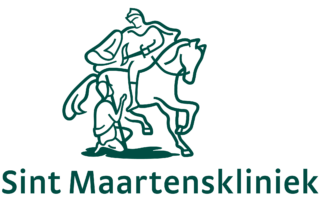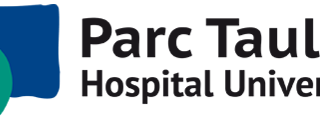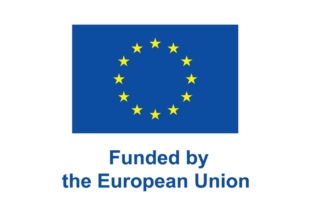Eodyne develops science-based neuro-rehabilitation technologies
The rehabilitation gaming system RGS is an ecosystem of advanced AI-based technologies for effective and functional recovery of motor and cognitive function after brain damage.

Why RGS?

“I use RGS in my healthcare practice as a therapeutic tool in my day to day work. RGS used in Occupational Therapy treatments provides advances in our discipline and brings new opportunities to our users of Vall d’Hebron University Hospital. I Combine RGS with techniques in order to improve the autonomy and independence of people ”
PATIENTS
HEALTH CENTERS
PUBLICATIONS
AWARDS
Eodyne collaborates with the following health and research organizations
Eodyne obtained funding from EU and Spanish organizations
Eodyne’s awarded projects contribute to the international development of the company and its environment. These projects are supported by national and international agencies including:
The framework of the Export Initiation Program of ICEX, the European FEDER Fund and Nuclis-Accio – INNOWWIDE – AAL – EITHealth – H2020 – European Innovation Council (EIC) – Eureka Eurostar
Running projects coordinated by Eodyne
– FEDER Nuclis -Accio: RGS-ICU
– Eurostar: PHASE
– EIC: PHRASE
Projects where Eodyne is a partner
– H2020: Virtual Brain Cloud
– EITHealth: RGS@Home
– H2020: Marie Curie euSNN


















